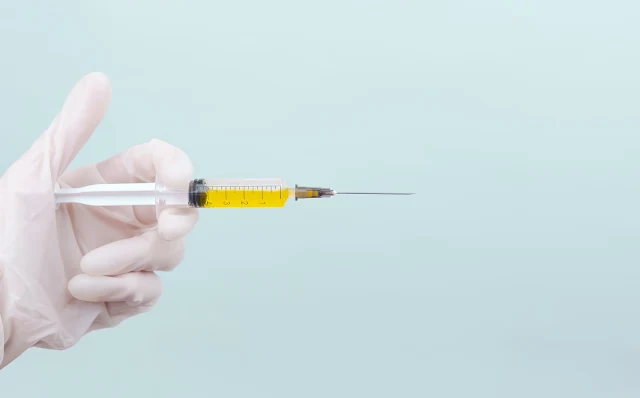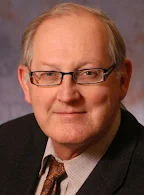
There is ongoing debate among experts and the public regarding whether or not pedophilia and other minor attractions can be cured. However, despite decades of research on the topic, there has never been any conclusive evidence suggesting that a cure for pedophilia is possible. Additionally, conversion therapy is increasingly understood to be unethical and carry a high risk of harm, and many believe that the practice should be banned.
Stability over time
One of the first comprehensive reviews of existing research on this topic came from clinical psychologist Dr. Michael Seto's 2012 article demonstrating that pedophilia could be classified as an age-based sexual orientation. As Seto explained, there were already several studies where researchers claimed to have weakened or eliminated pedophilic attractions in subjects through practices like aversion therapy and masturbatory reconditioning, however, follow-up studies demonstrated that these effects could not be reproduced long-term. Many of the studies had additional shortcomings, such as samples that were too small or homogeneous to allow results to be generalized to larger populations.
In 2016, the results of two long-term studies provided additional empirical evidence for Seto's claim that pedophilia (and other minor attractions), like other sexual orientations, did not generally diminish over time or fluctuate without external interference. These studies were particularly significant as they were among the first to focus on non-offending minor-attracted people. Their findings raised ethical concerns about ongoing research into "curing" pedophilia, as efforts to change sexual attractions are known to be harmful and attempts to suppress sexual thoughts are often counterproductive.
Debate among experts
 |
| John Fedoroff |
Among the most vocal proponents of the belief that pedophilia can be "cured" was sexologist Dr. John Fedoroff, who coauthored a 2014 study in which he and colleagues claimed to demonstrate that pedophilic attractions could diminish over time, especially in individuals with weaker initial attractions. Other researchers were skeptical, however, and many claimed that the study and analysis of results was flawed. Some pointed out that penile plethysmography, the method Fedoroff's team used to "measure" the strength of attractions, was known to be inaccurate, and the expected error in Fedoroff's measurements exceeded the value of the detected "changes." Others found that, even if the data was accurate, the results lacked statistical significance and could not be reasonably used to justify any claims.
In 2018, Fedoroff and clinical psychologist Dr. James Cantor wrote a series of articles debating whether or not pedophilia could be "cured," with Fedoroff arguing that it could while Cantor claimed that there was insufficient evidence to draw that conclusion. Though this quickly devolved into both researchers focusing on inconsequential logical fallacies used by the other while ignoring the substance of their opponent's argument, a Vice article about the exchange pointed out that Fedoroff's stance was based on widely-criticized research and an outdated assumption that child molesters offend due to their attractions.
Pharmaceutical approaches
There is a widespread belief, even among minor-attracted people (MAPs), that chemical castration and other libido-reducing treatments can "cure" minor attractions. In particular, Degarelix, a drug used in the treatment of prostate cancer, is often claimed to be a “potential cure” for pedophilia. However, these claims are based on a misunderstanding of pedophilia. While such drugs can reduce the overall frequency and intensity of sexual thoughts, they do not change the object of one’s sexual attractions and, therefore, do nothing to “cure” pedophilia. Such treatments may be beneficial to the very small group of MAPs who experience overwhelming urges or are at a high risk of offending, but they are unnecessary for the vast majority of MAPs.
Ramifications
It is unlikely that there will ever be conclusive evidence that pedophilia cannot be changed. After all, to prove such a claim, one would have to demonstrate that every possible method of changing attractions is ineffective for every individual with pedophilia. However, decades of research have failed to produce anything beyond a widely criticized study suggesting that pedophilia may fluctuate over time, while numerous other studies have consistently found no evidence that it can be intentionally changed. Additionally, there is evidence that conversion therapy for MAPs is both harmful and ineffective and that attempts to control or change attractions reduce the effectiveness of therapy.
Based on this information, there is currently no reason to believe that pedophilia can be "cured," and claims that it can are unsubstantiated and potentially harmful. However, there are still options for MAPs who want support. Therapy, support groups, and other support opportunities exist for MAPs who are experiencing distress or feelings of isolation, struggling with mental health issues, or concerned about their risk of offending. Experts recommend that these forms of support focus on self-acceptance and addressing mental health issues, rather than trying to change or eliminate attractions.
Have a question you want us to answer? Let us know





Subscribe